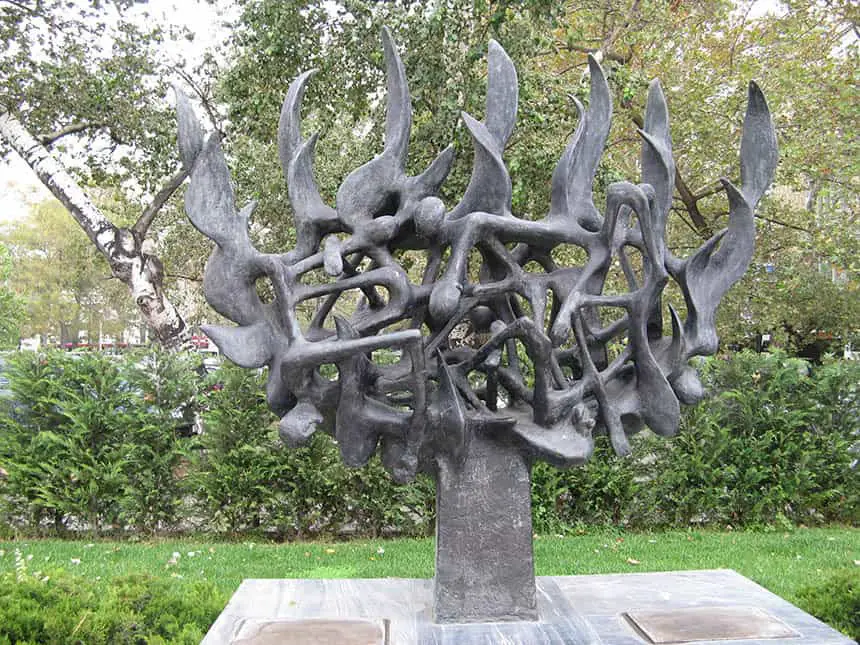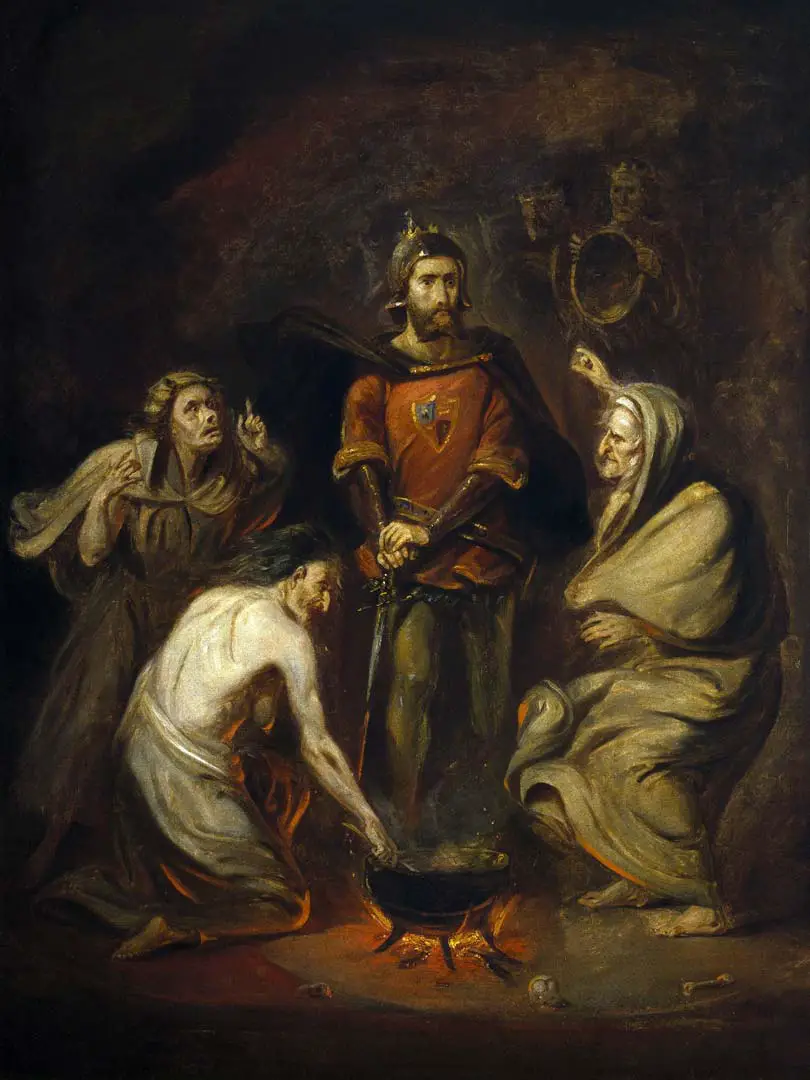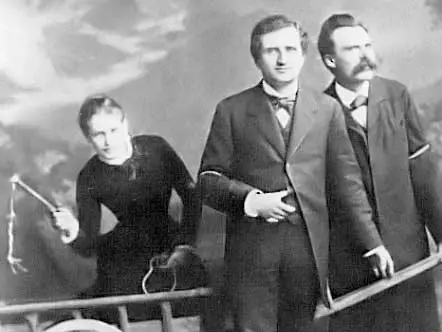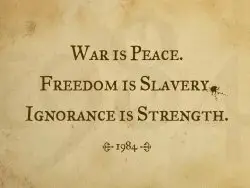Nietzsche and affirmation of life
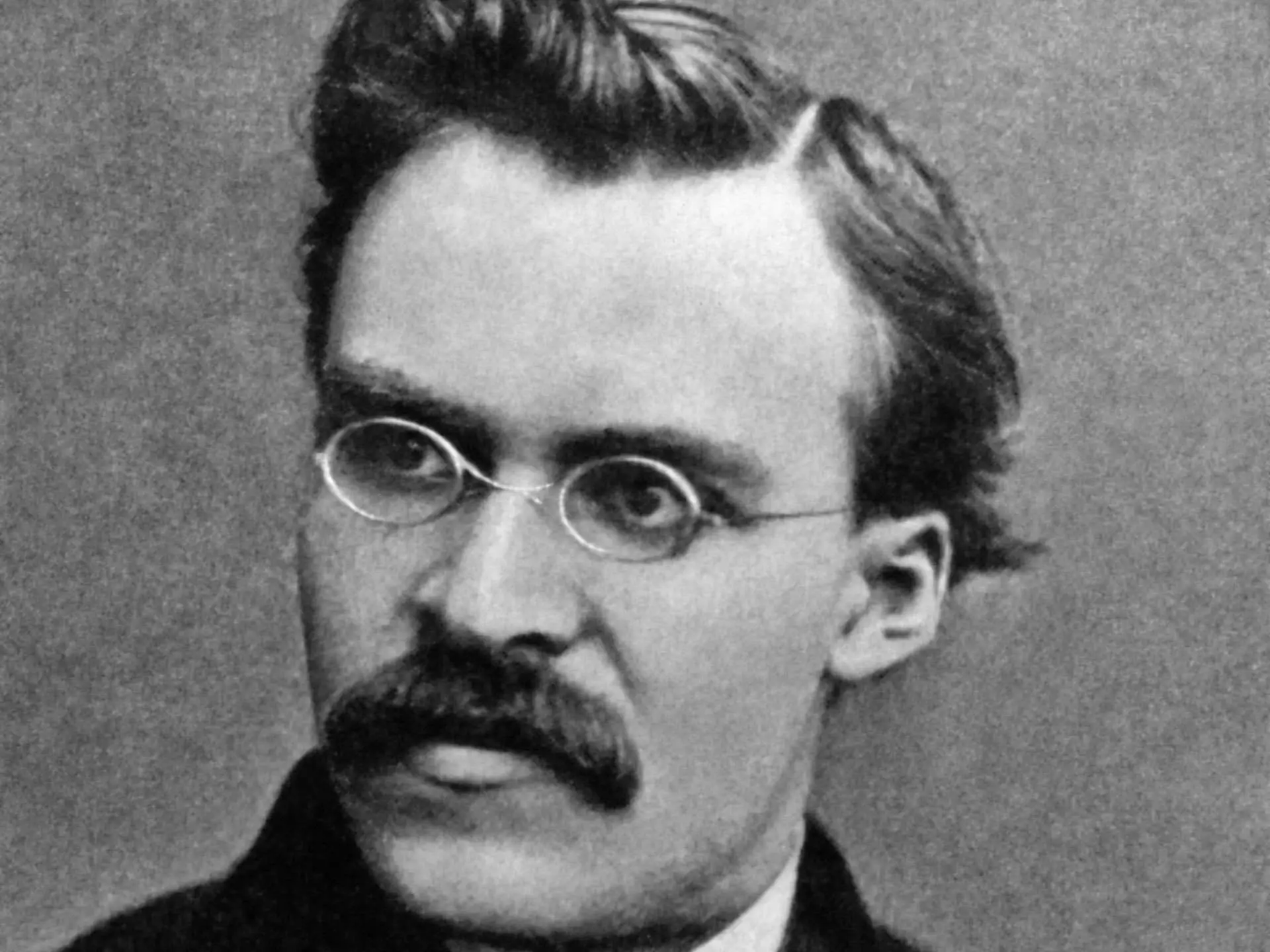

Nietzsche and affirmation of life
In this post, let us have a look at Nietzsche’s conception of affirmation. Netzsche’s conception of affirmation is not necessarily a straightforward one, as laid out in the statements within the various aphorisms towards the concept itself. So naturally, while looking at such aphorisms as the notorious ‘Ja-sager’ in The Gay Science is indicative of his views, there remain passages that are of equal (and perhaps higher) interest than these straightforward ones. One of these is a passage in The Antichrist 58 (A 58) – though I should perhaps stipulate that this aphorism is mostly remembered for other reasons (it follows A 57, which puts down the laws of Manu, allegedly clear aristocratic prescriptions, etc.). And yet, A 58 also shows that Nietzsche’s affirmative form of life is far removed from a life without legal order – a legal order of course not in the sense of jurisprudence, but in the sense of moral obligations: Though shalt and Duty (Du sollst und Pflicht). This runs contra the still popular view that Nietzsche was a nihilist; so in this article, let us have a closer examination of what precisely the relationship is between morality and law, and why Nietzsche does not abandon either.
The irreducible presence of law
The relation between morality and law is, perhaps, not that problematic – an extension from moral law to natural law, or indeed to legislation and jurisprudence, is not questionable. This is not to say that the reversal is not thereby impossible: natural law (whatever that may mean) is equally extendible to moral law. It would be a mistake, however, to assume that Nietzsche defied morality as such. A theoretical critique, as Nietzsche notes in the Nachlass, in no way does away with the practice – overcoming morality through a sustained critique of its ‘source’ does not take away the need for law in our lives:
Morality is necessary: how are we to act, given that we must nonetheless act? And whatever we have acted, we must evaluate—how? To demonstrate an error in the genesis is not an argument against morality. Morality is a condition for life. “Thou shalt” (my translation).1
What we find here, of course, is that the affirmation of life is not removed from law itself. Despite a sustained critique of morality in Nietzsche’s oeuvre, he nevertheless underlines the necessity for moral codes for ‘evaluation’ of life. So in spite of the endemic nihilism of his time (and ours) there is a need for a new ‘Thou shalt’ – and this new ‘Though shalt’ is of course to be affirmative precisely because it is ‘a condition for life’. We can state that Nietzsche’s intent is to establish a new moral code rather than renounce morality altogether. So let us turn to that peculiar passage in The Antichrist.
Legality, morality and Greek agon
Nietzsche starts A 58 with the comparison of Christianity to Anarchism. The comparison is in the goal (“instinct”) to “destroy”. We, of course, may ignore the hyperbole; at any rate, Nietzsche’s interest is in the effects of Christianity on affirmation of life. He thus presents a direct contrast between the Christian animosity to law and that of the Romans. What Nietzsche encounters is the curious paradox that is at the core of Christianity as such: what are the conditions of a thriving life, given that Christianity is a form of ‘law against law’? Where the Romans built the institutions and organisations that could withstand their own tyrannical emperors, Christianity was able to suppress this type of eternity with another: a tale of immortality, of salvation, of another realm, an unreal reality – it “sucked the seriousness for true things, the instinct for reality”. The paradox is precisely that in its struggle against the Roman law, in its fight against legality as such, it formed a different type of law, a different type of moral code that became a ‘religious legislation’:
We just learned about a form of religious legislation whose goal was to ‘eternalize’ the supreme condition for a thriving life, a great organization of society; Christianity, by contrast, saw its mission as bringing this sort of an organization to an end because it led to a thriving life (A 58).
What is this ‘thriving life’? Nietzsche’s understanding is a thoroughly political one – the Romans were the truly political people precisely because their legislation allowed for self-organisation and self-legislation. This is contra to Christian legislation which does not have a form of ‘self-’, or at any rate no self in a concretely political sense.2
Here we must return to a much earlier Homer’s Contest. While the natural world as well as history point towards what Nietzsche called ‘Vernichtungskampf’ (an eternal struggle of annihilation – as something determined outside the ‘rules of the game’), the Greeks in full awareness of their condition aimed to immortalise the act itself. While the world as they knew it (the objective reality) may perish, the act would remain. They thus did not condemn or otherwise denounce this destructive drive and instead aimed towards its transformation by institutionalising it within the polity. What Romans and Greeks had in common is precisely the political self-organisation – not a voting booth, but an active participation in political matters. This is, of course, counter to the Christian outset which denounced action as such – immortalisation was transferred to the soul independent of one’s action. The transformation of destructiveness towards an institutionalised form of active participation is thus at the core of the Contest – and thus forms the basis of ‘thriving life’. As Nietzsche writes there:
And not just Aristotle,3 but the whole of Greek antiquity thinks about grudge and envy differently from us and agrees with Hesiod, who first portrays one Eris as wicked, in fact the one who leads men into hostile struggle-to-the-death, and then praises the other Eris as good who, as jealousy, grudge and envy, goads men to action, not, however, the action of a struggle-to-the-death but the action of the contest (Nietzsche, Homer’s Contest).4
The praise for the Roman Empire, and the contradistinction with Christianity, is for the conditions that it sets for the possibility of self-organisation. I should emphasise that self-organisation lent itself on the dual reliance of the past and the future. While the Empire was set to withstand any kind of tyranny – “this most remarkable artwork in the great style was a beginning, its design was calculated to prove itself over the millennia”, it “stood as aere perennius”5 – it also drew from the past: “In this society, the returns of reason from the long ages of experiment and uncertainty should have been invested for the greatest long-term advantage” (A 58).
The dual reliance on the past and the future thus establishes conditions for action that are not simply perishable. Their survival is cemented in the institution of self-organisation. The Roman Empire is thus used as a model that utilises law as a firm ground of a thriving life – and only such life could be called affirmative.
Sign up for Paradox of the Day mailing list and please visit our Patreon support page.
- Moral ist nöthig: wonach werden wir handeln, da wir doch handeln müssen? Und was wir gehandelt haben, müssen wir schätzen—wonach? Irrthum in der Genesis nachweisen ist kein Argument gegen die Moral. Moral ist eine Lebensbedingung. “Du sollst” (Nachlass, 4[90]).
- Though I am no expert on the subject, I suspect the same applies to Islam, where the ummah is meant to surpass any notion of the self.
- Note that for Plato, too, contest is denounced.
- Und nicht Aristoteles allein, sondern das gesammte griechische Alterthum denkt anders über Groll und Neid als wir und urtheilt wie Hesiod, der einmal eine Eris als böse bezeichnet, diejenige nämlich, welche die Menschen zum feindseligen Vernichtungskampfe gegen einander führt, und dann wieder eine andre Eris als gute preist, die als Eifersucht Groll Neid die Menschen zur That reizt, aber nicht zur That des Vernichtungskampfes, sondern zur That des Wettkampfes.
- More enduring than bronze.


